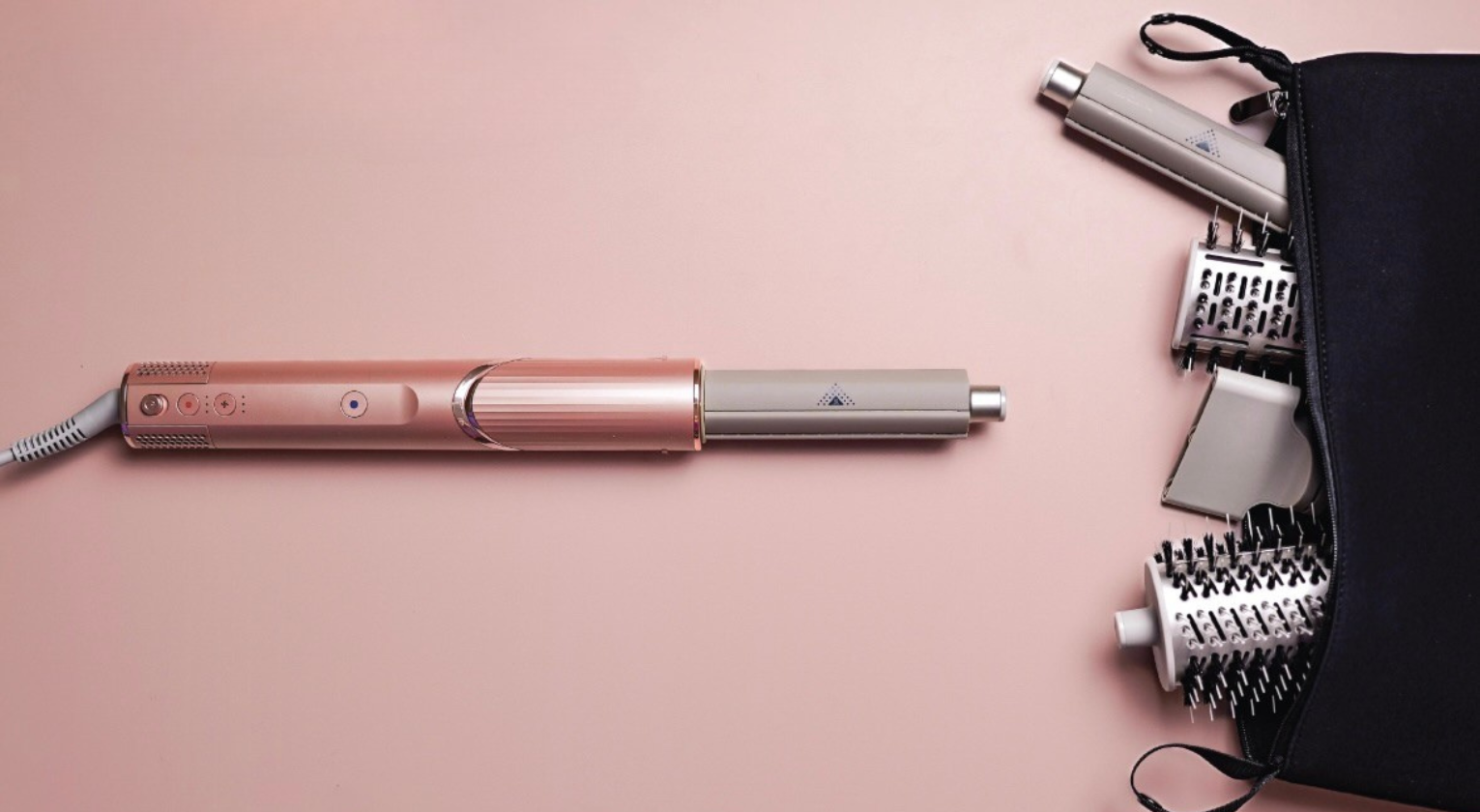Wellness
The latest Wellness breaking news, comment, reviews and features from the experts at T3
Explore Wellness
-
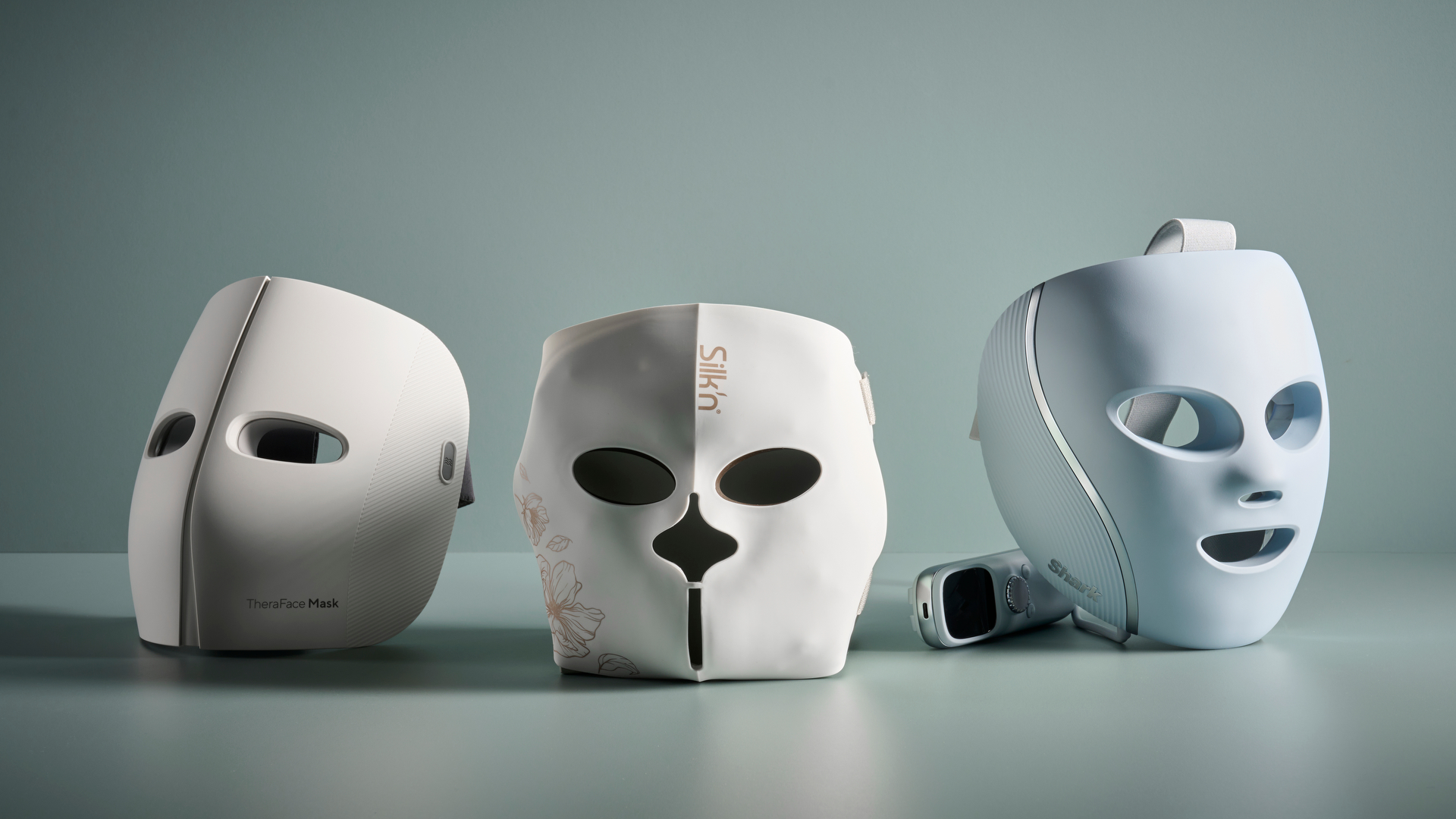
Best LED face mask 2025: luxury beauty tech for brighter, healthier skin
Tackle all your skincare concerns
By Lizzie Wilmot Last updated
-
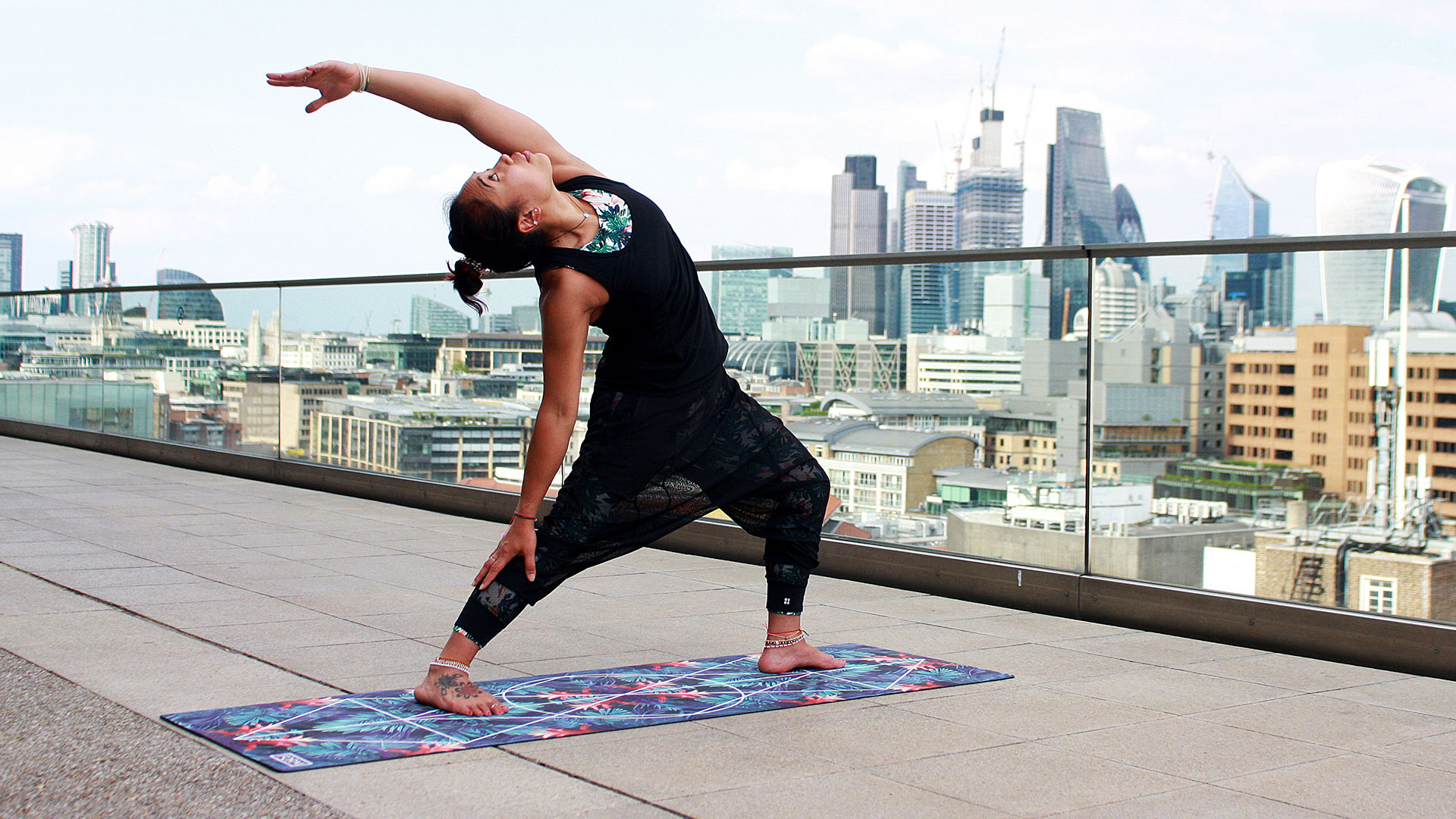
Best yoga mat 2025: outstanding mats for grip, comfort, style and versatility
Find the best yoga mats on the market for your yoga or Pilates practice, including rubber, PVC, cork and sustainable options
By Bethan Girdler-Maslen Last updated
-
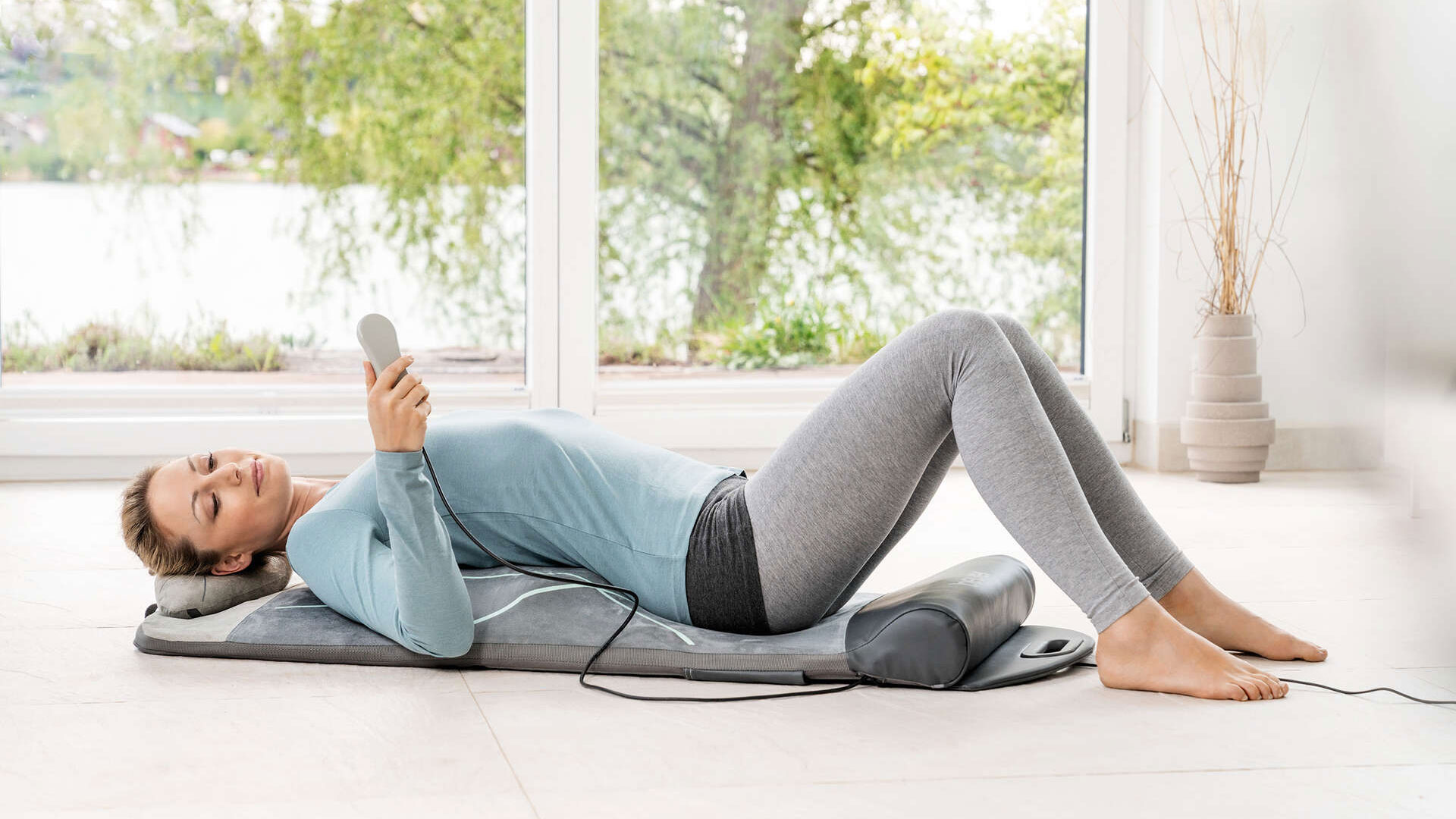
Best massagers 2025: banish knots and soothe sore muscles
Find the best massagers to knead away aches and pains, boost circulation and relax after a long day
By Bethan Girdler-Maslen Last updated
-

Forget Tom Ford Lost Cherry – this brand you've never heard of is even better
I love Lost Cherry, but I may never wear it again
By Sam Cross Published
-
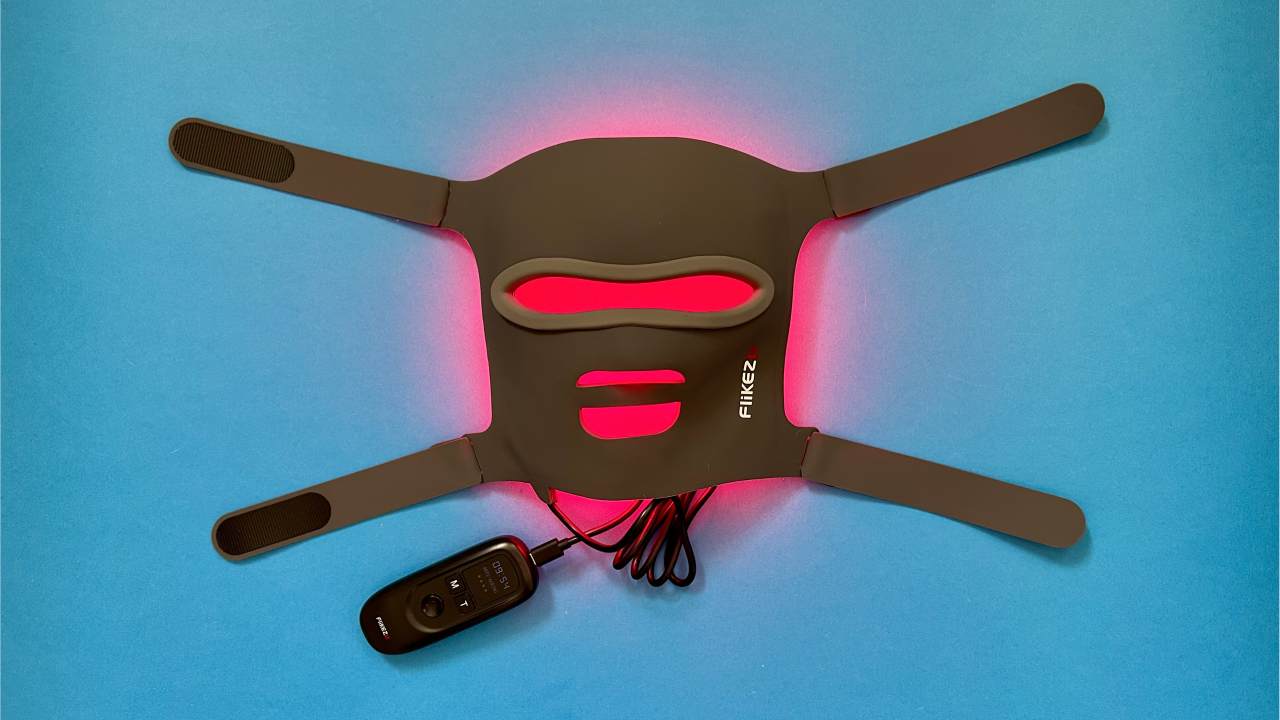
FlikEZE PhotonMask review: is this the comfiest LED mask ever?
With four treatment modes, a comfy contour-fit and a luxe storage case, this LED mask has everything you could want and more
By Joanna Ebsworth Published
-
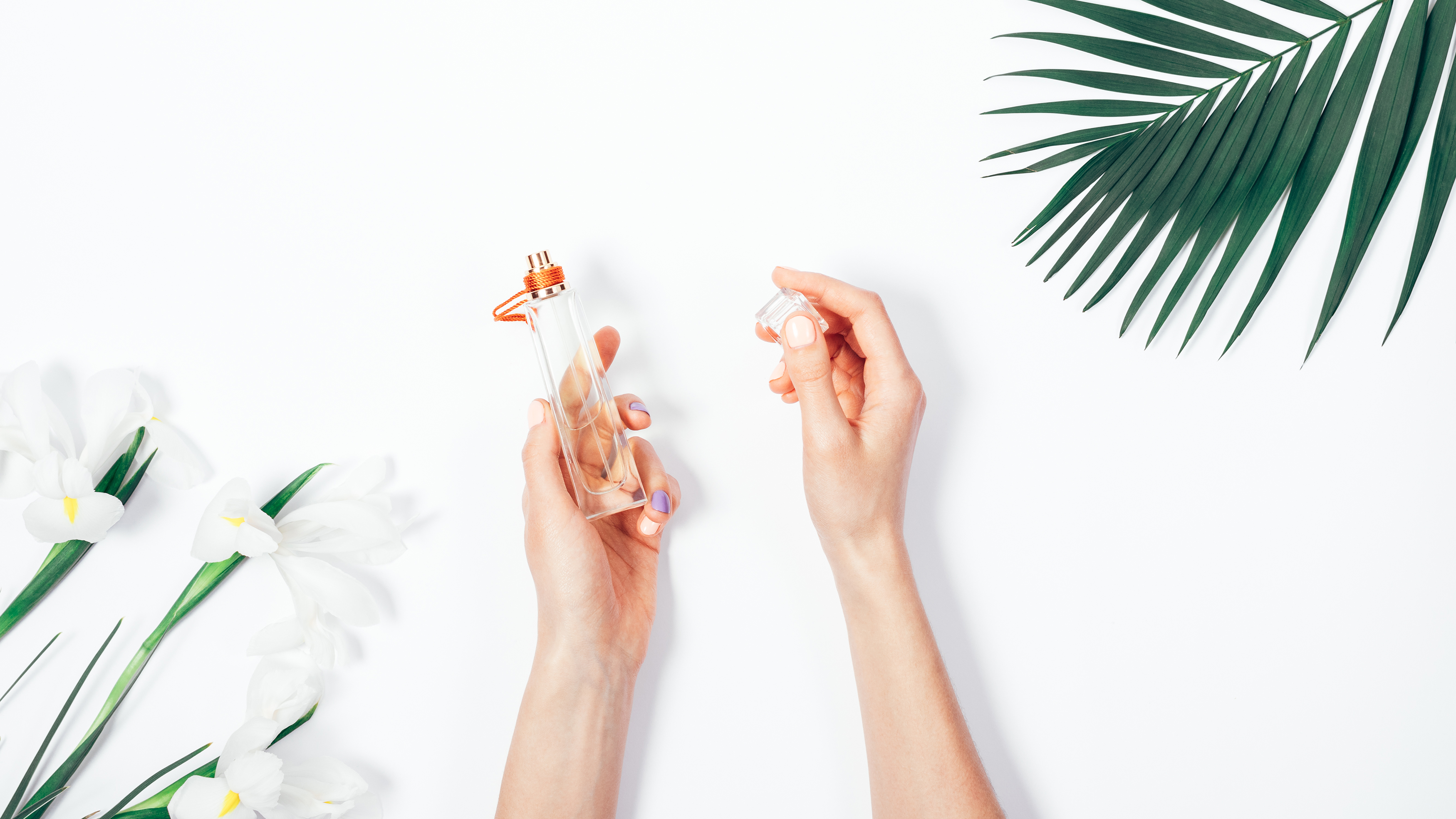
Best women's perfumes and fragrances 2025: hit the right notes
Find the best women's perfumes, from sweet and decadent to exotic and green
By Bethan Girdler-Maslen Last updated
-

Dreame’s pocket-sized hair dryer is your carry-on’s new best friend
This is one impressive little styler!
By Lizzie Wilmot Published
-
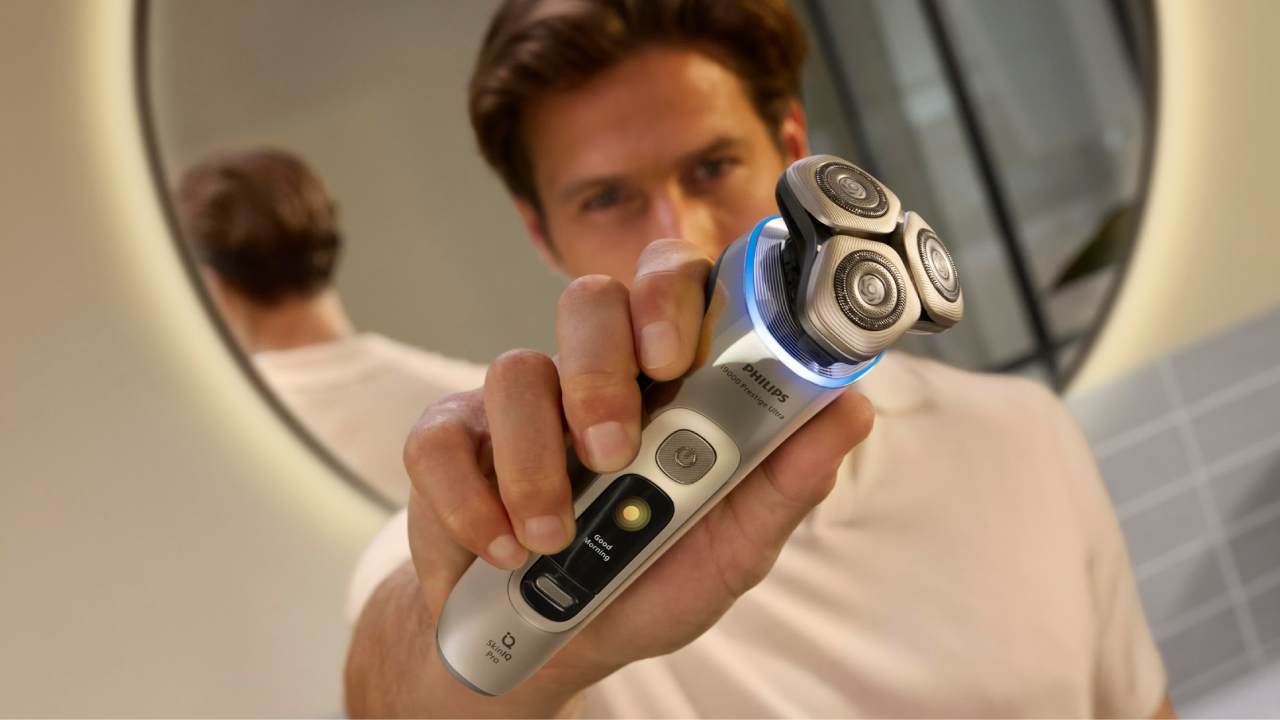
This Philips i9000 shaver uses AI sensors to analyse facial hair and keep skin safe
Philips launches its most sensitive and intelligent shavers yet
By Bethan Girdler-Maslen Published
-
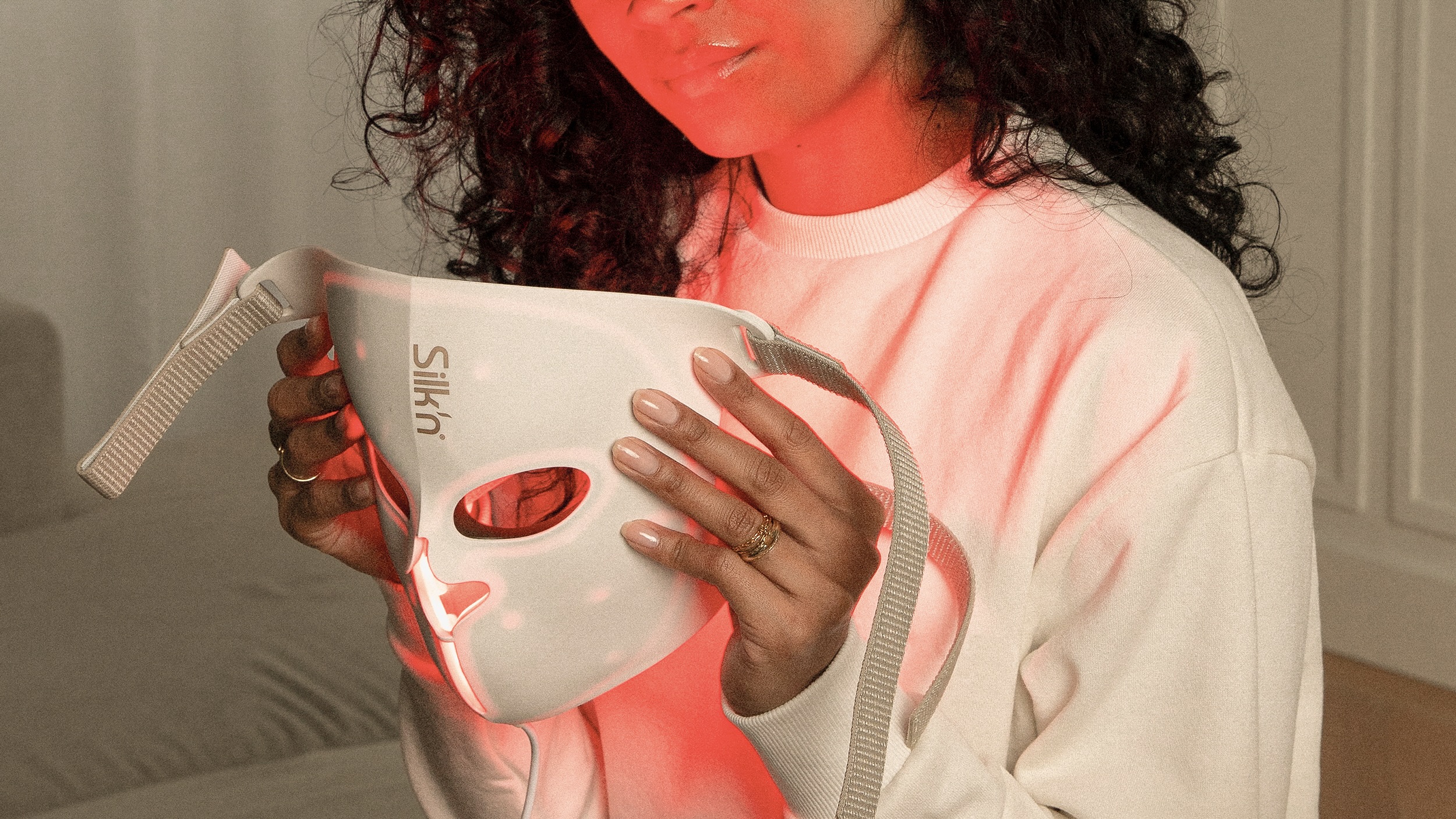
This LED face mask lifts, massages and rejuvenates your skin – all at the same time
It's a first of its kind
By Lizzie Wilmot Published
-
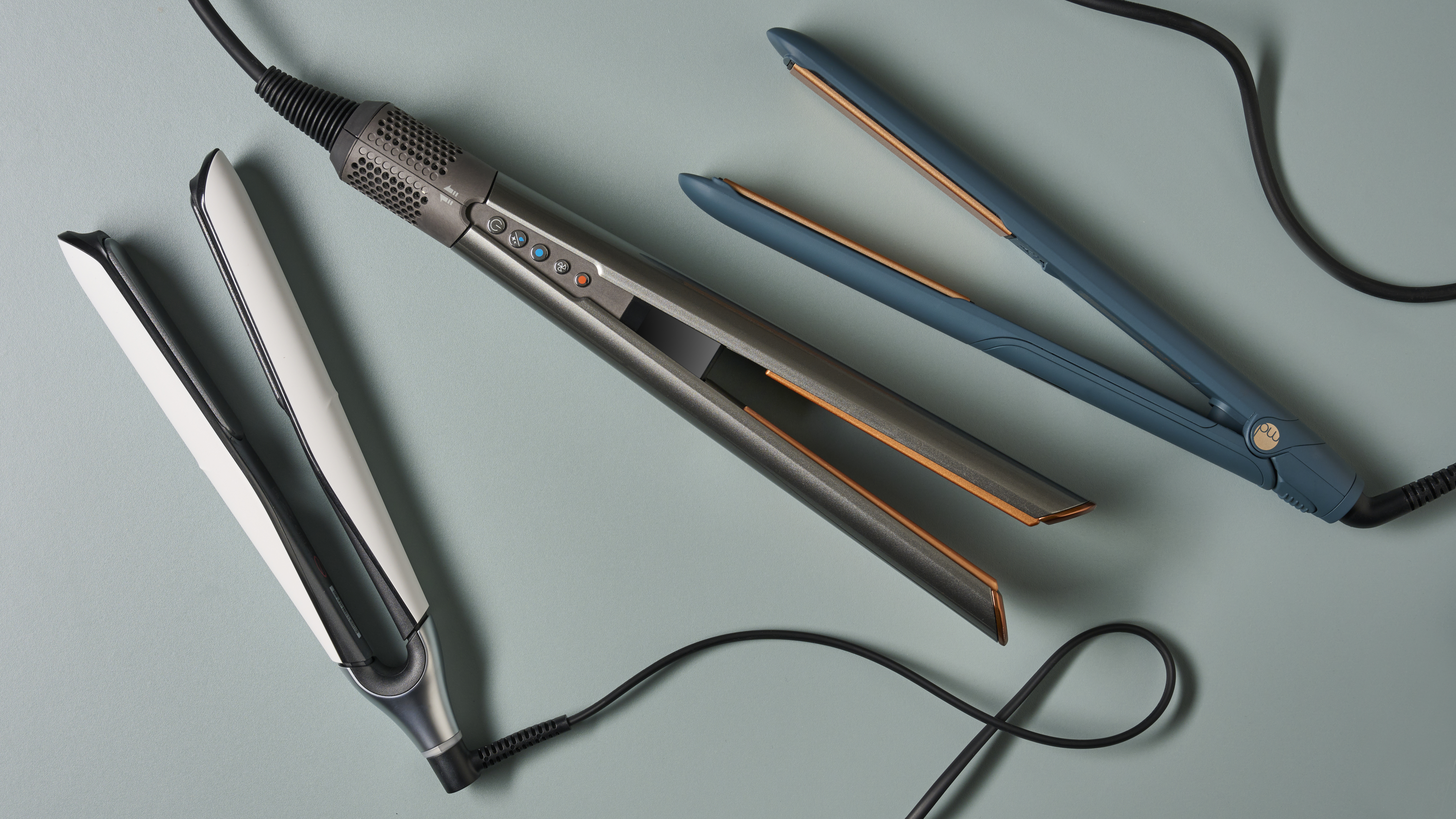
Best hair straighteners 2025: for sleek, frizz-free hair
Our top picks for envy-worthy locks
By Lizzie Wilmot Last updated
-
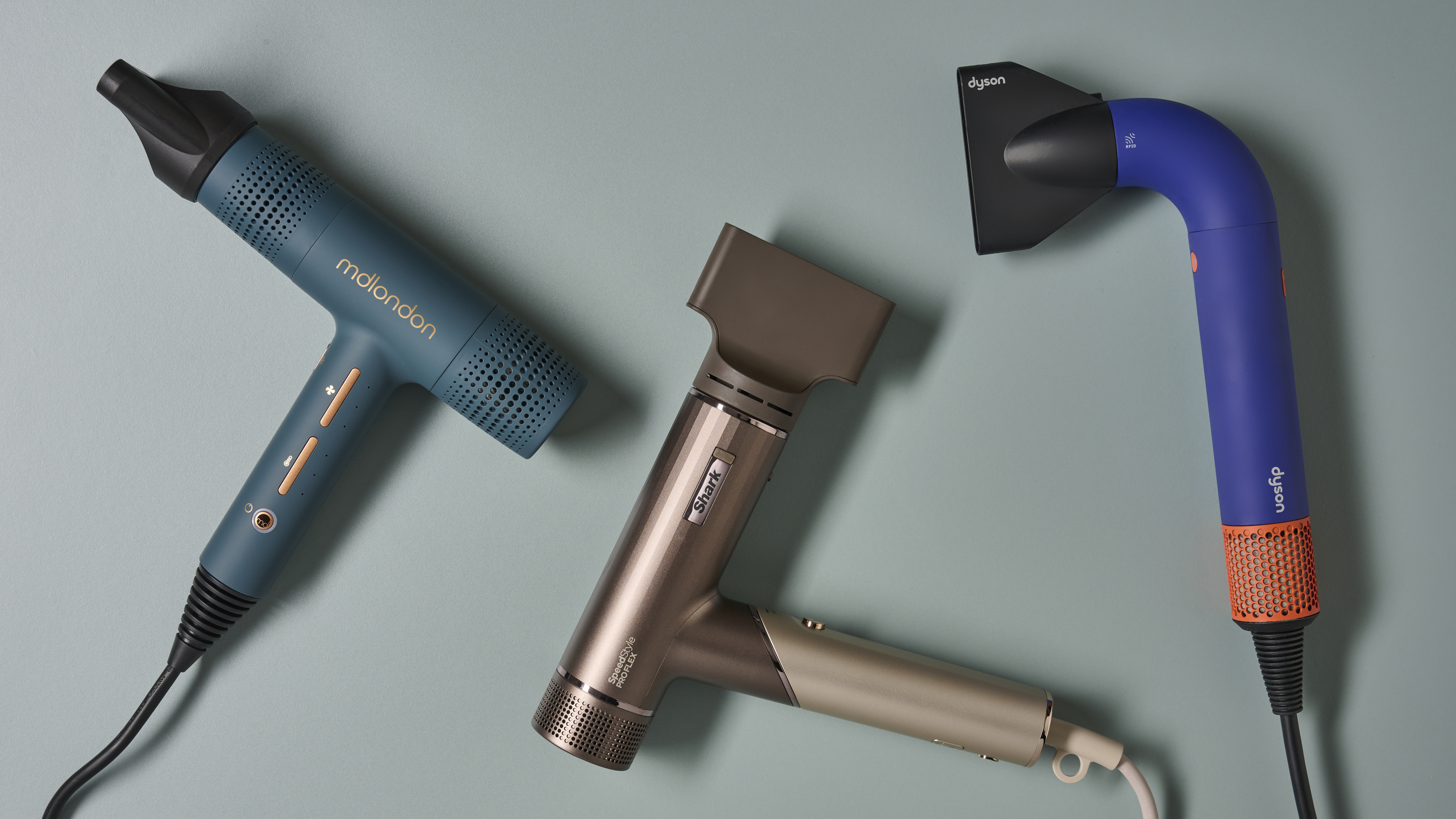
Best hair dryer 2025: quick and frizz-free drying for all hair types
Find our top picks from Dyson, Shark, ghd and more
By Lizzie Wilmot Last updated
-
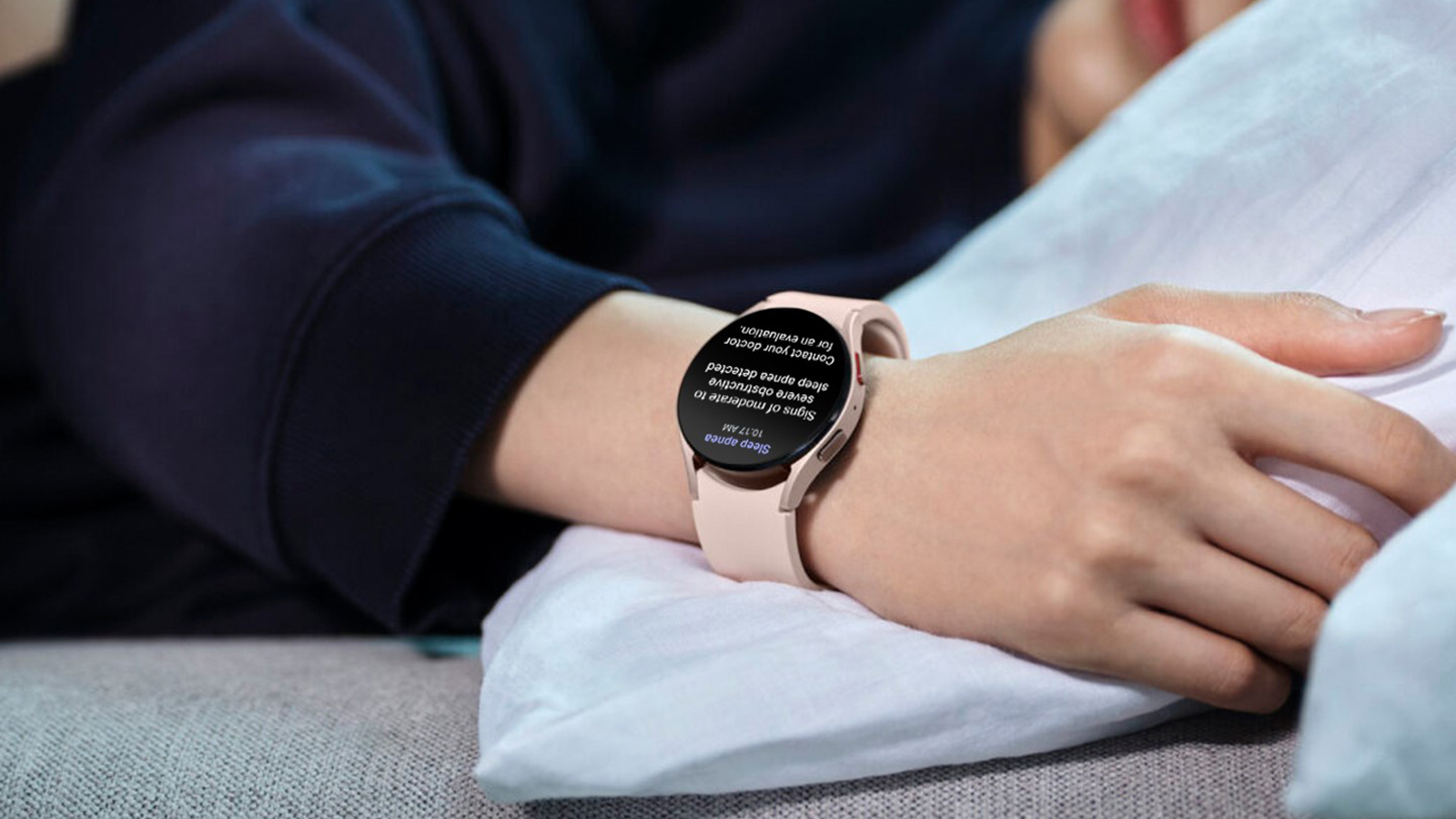
Do smart sleep gadgets actually improve your sleep? T3 investigates...
Sleep gadgets like Oura Ring 4 and the Withings Sleep Analyzer could help you get those eight hours per night
By Max Slater-Robins Published
-

I stayed in 5 hotels in 2 months – here’s how to get hotel-worthy bedding at home
7 hotel-inspired bedding tips to make your own bed just as cosy
By Bethan Girdler-Maslen Published
-
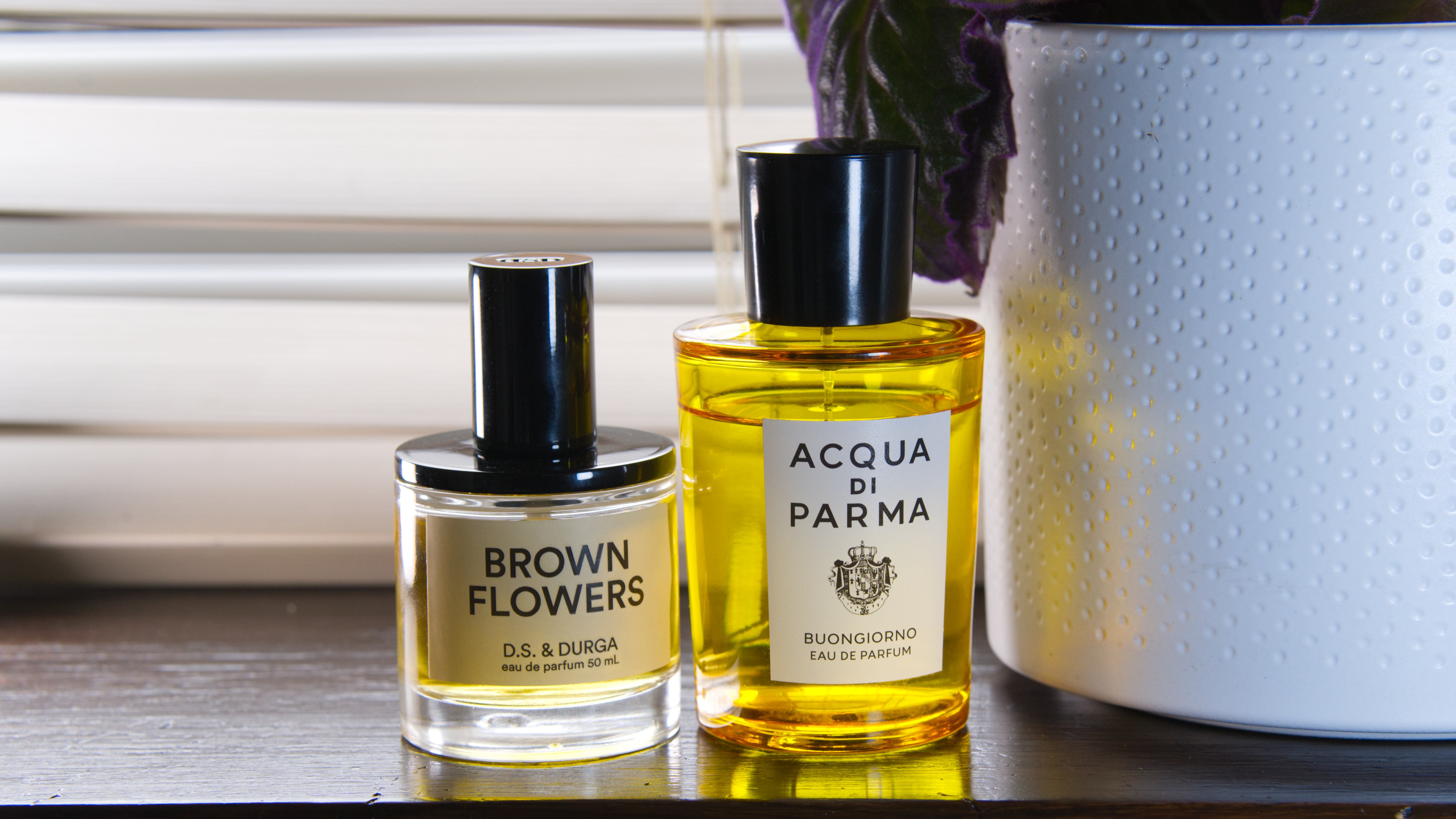
These two spring fragrances are all I need for the new season
They're my new go-to bottles
By Sam Cross Published
-
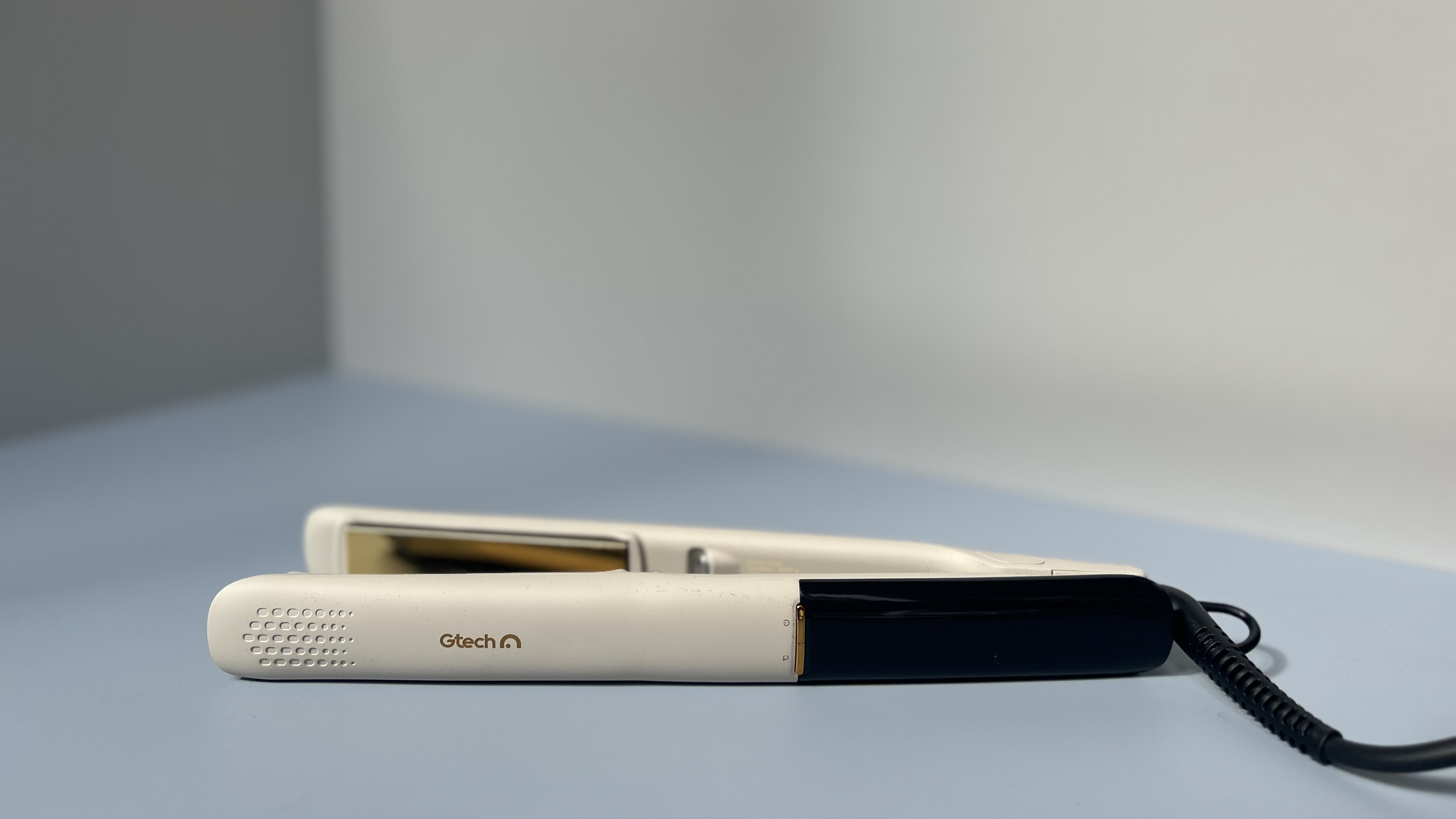
Gtech’s haircare debut starts strong with these new straighteners – I'm impressed
I've been excited to try these for a while
By Lizzie Wilmot Published
-
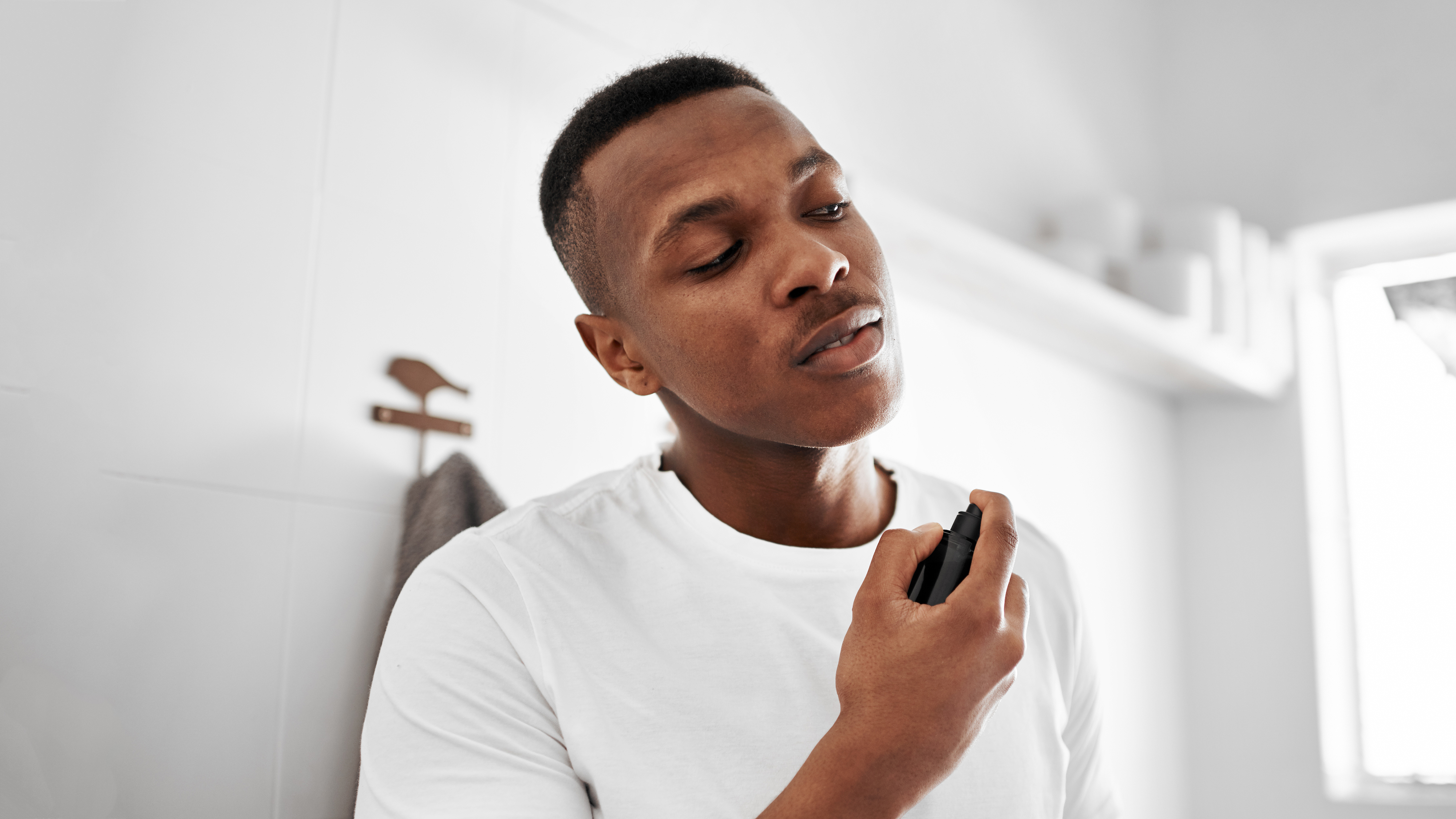
Best men’s fragrances and colognes 2025: find your signature scent or a meaningful gift
T3's top picks of the best men's fragrances, including classics from Hugo Boss, Tom Ford, Chanel and more
By Bethan Girdler-Maslen Last updated
-

Best mattress 2025: choose the comfiest mattress for you
Looking for the best mattress in the UK? T3 has reviewed memory foam, springs and hybrid mattresses to help you choose
By Bethan Girdler-Maslen Last updated
-
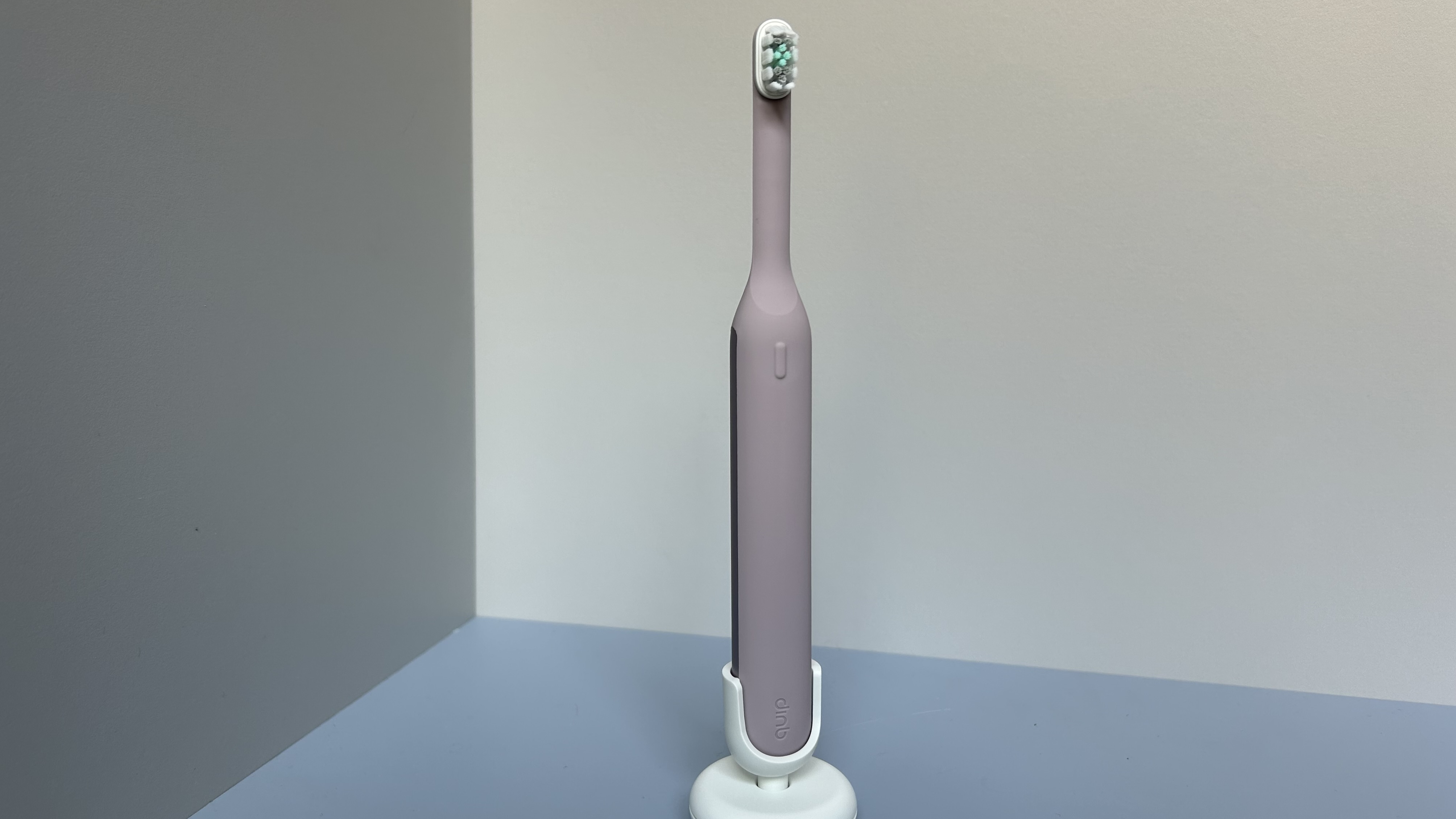
Quip's latest toothbrush blends smart features with a sleek design – it might be my new favourite
Consider the bar officially raised
By Lizzie Wilmot Published
-
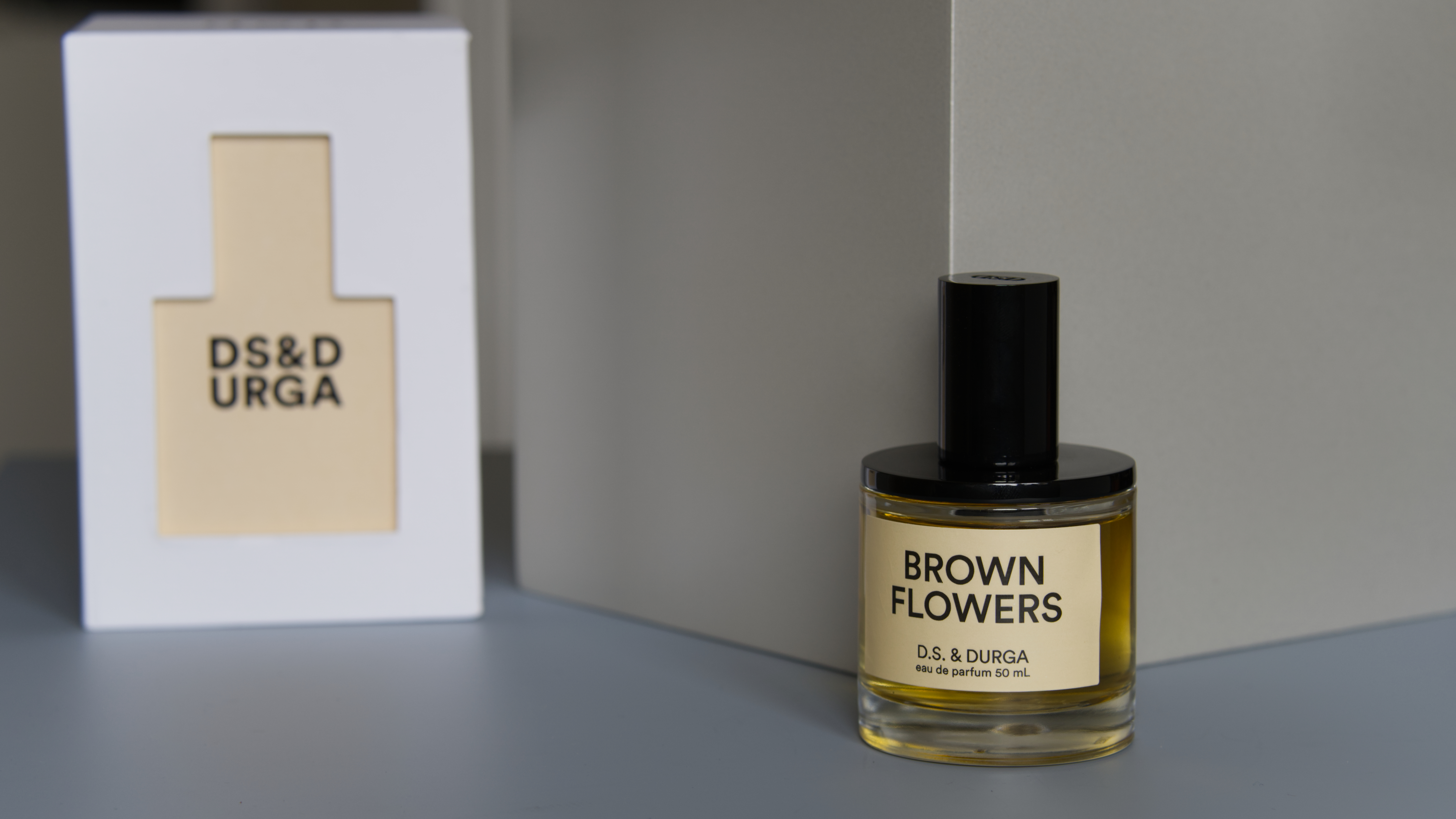
I've tested DS & Durga Brown Flowers – it's killer spring scent for everyone
Just about the floweriest fragrance a fella could wear
By Sam Cross Published
-

Best cheap mattress deals for May 2025: browse sales from Emma, Simba, OTTY and more
Need to upgrade your sleep setup? Check out the best cheap mattress deals to shop now
By Bethan Girdler-Maslen Last updated
-

Simba mattress deals, sales and discount codes for May 2025: get the cheapest prices
The best Simba mattress deals is here to help you save money on a new Simba sleep set-up
By Bethan Girdler-Maslen Last updated
-

Panda London mattress sales, deals and discount codes for May 2025
Find the best prices on Panda London mattresses and bedding with our comprehensive deals guide
By Bethan Girdler-Maslen Last updated
-

OTTY mattress sales, deals and discount codes for May 2025
After an OTTY mattress deal? You're in luck, because right now there are major discounts across the full range
By Bethan Girdler-Maslen Last updated
-

Nectar mattress sales, deals and discount codes for May 2025
Looking for a Nectar mattress deal, discount code or freebie offer? Step this way...
By Bethan Girdler-Maslen Last updated
-

Eve sales, deals and discount codes for May 2025
Looking for an Eve deal or sale? Now is the time to shop, with up to 60% off & price drops on the whole range
By Bethan Girdler-Maslen Last updated
-

Emma mattress sales, deals and discount codes for May 2025: your guide to the best Emma sales
Looking for an Emma mattress deal? Find all the best Emma sales, deals and discount codes in this guide...
By Bethan Girdler-Maslen Last updated
-

DreamCloud sales, deals and discount codes for May 2025
After a DreamCloud deal or discount code for this month? We've found the best discounts for you, in both the UK and US
By Bethan Girdler-Maslen Last updated
-

Brook + Wilde sales, deals and discount codes for May 2025: up to 50% off now!
Find the best Brook + Wilde sales and deals for money off your next mattress and sleep accessory
By Bethan Girdler-Maslen Last updated
-
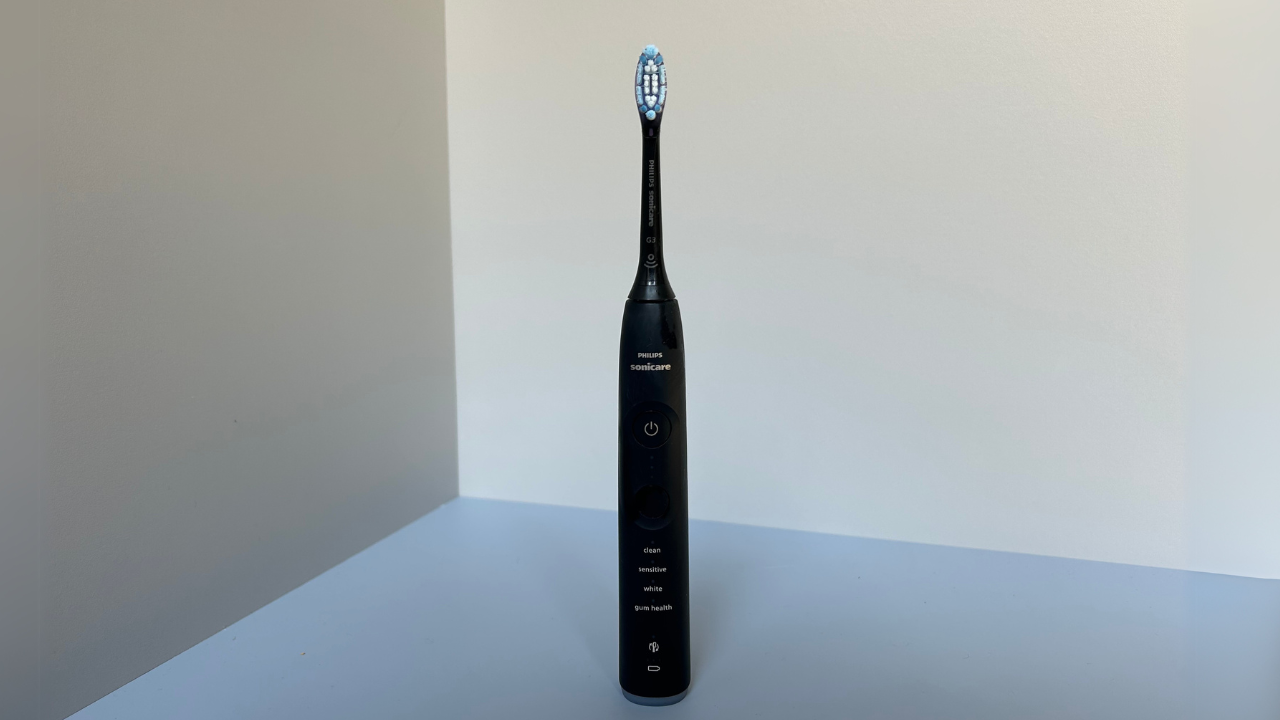
Philips Sonicare 7100 electric toothbrush review: next-level oral care or a pricey splurge?
It joins the Philips Sonicare lineup
By Lizzie Wilmot Last updated
